Which EuroHPC system suits you best?
EuroHPC JU is continuously growing by building powerful supercomputers all over Europe. Industry, public administration and academia have the opportunity to access those systems for free.
Too much information?
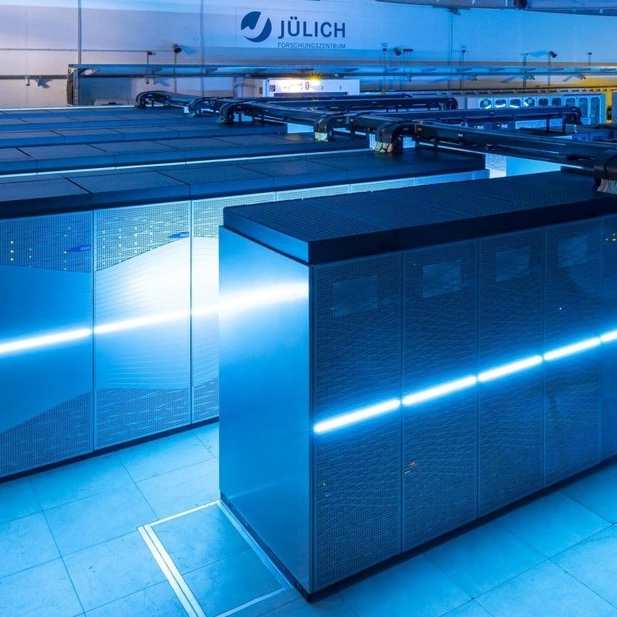
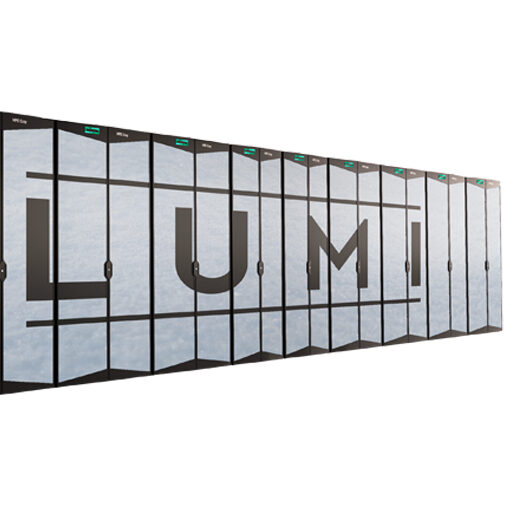
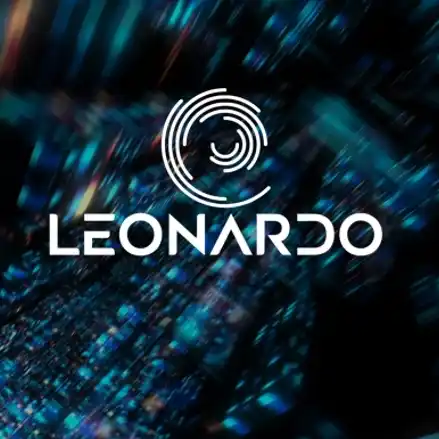
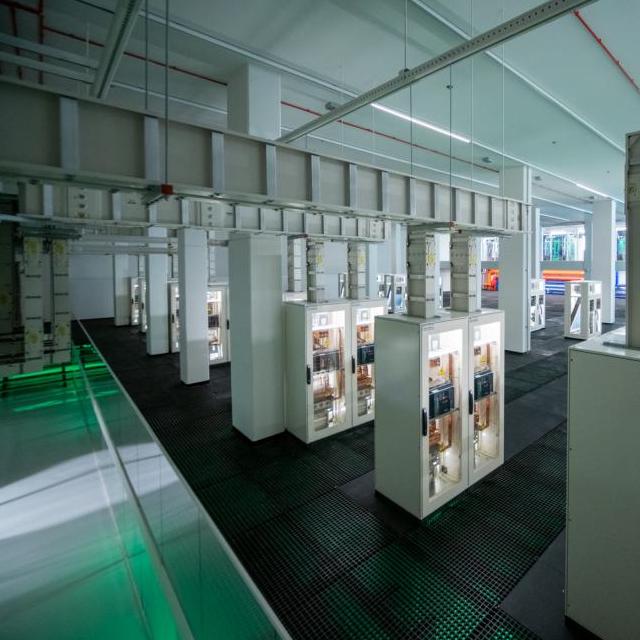
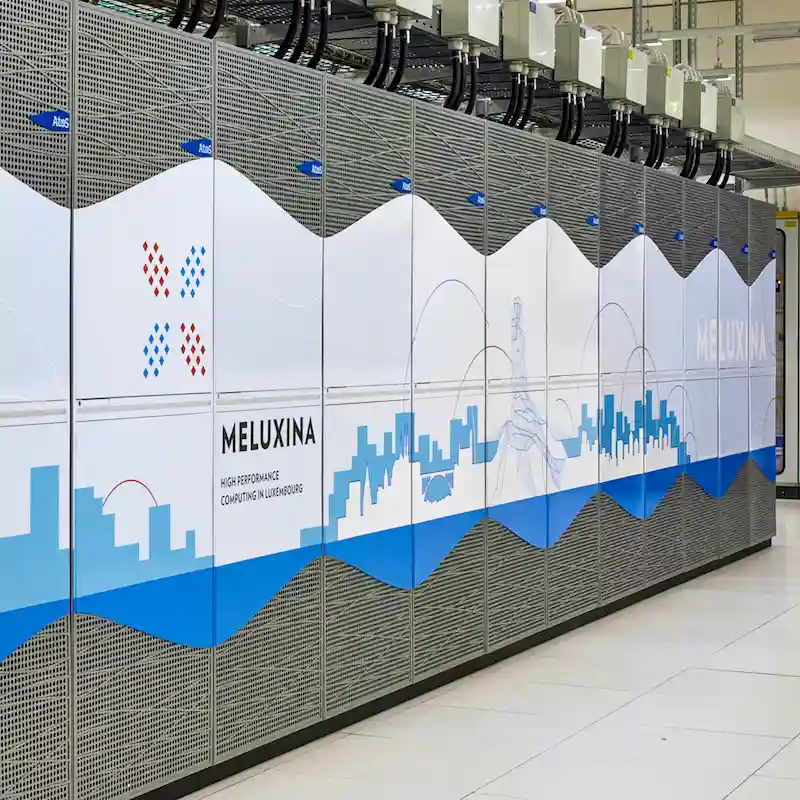
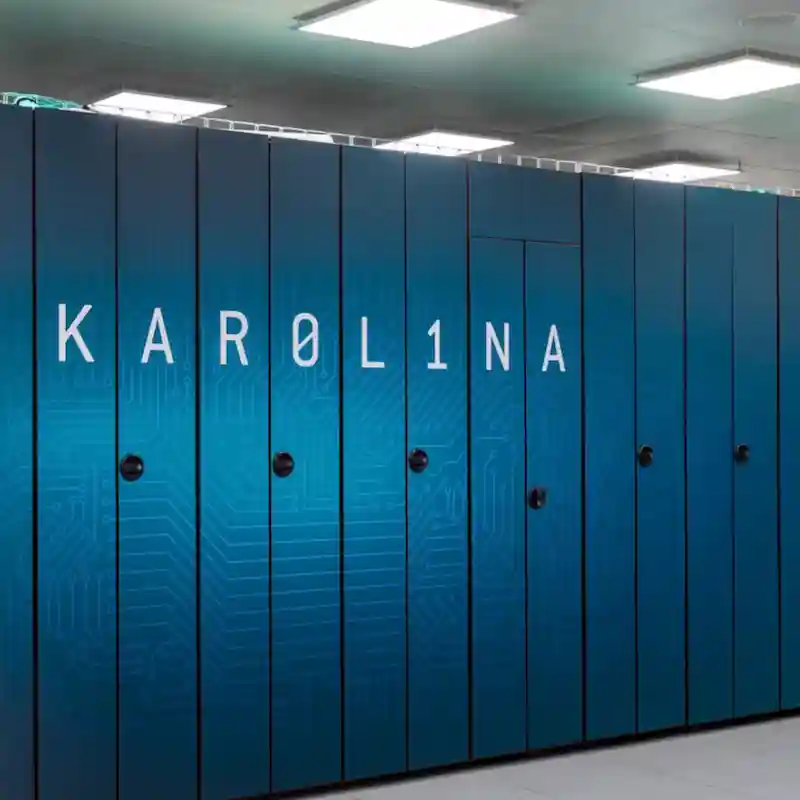
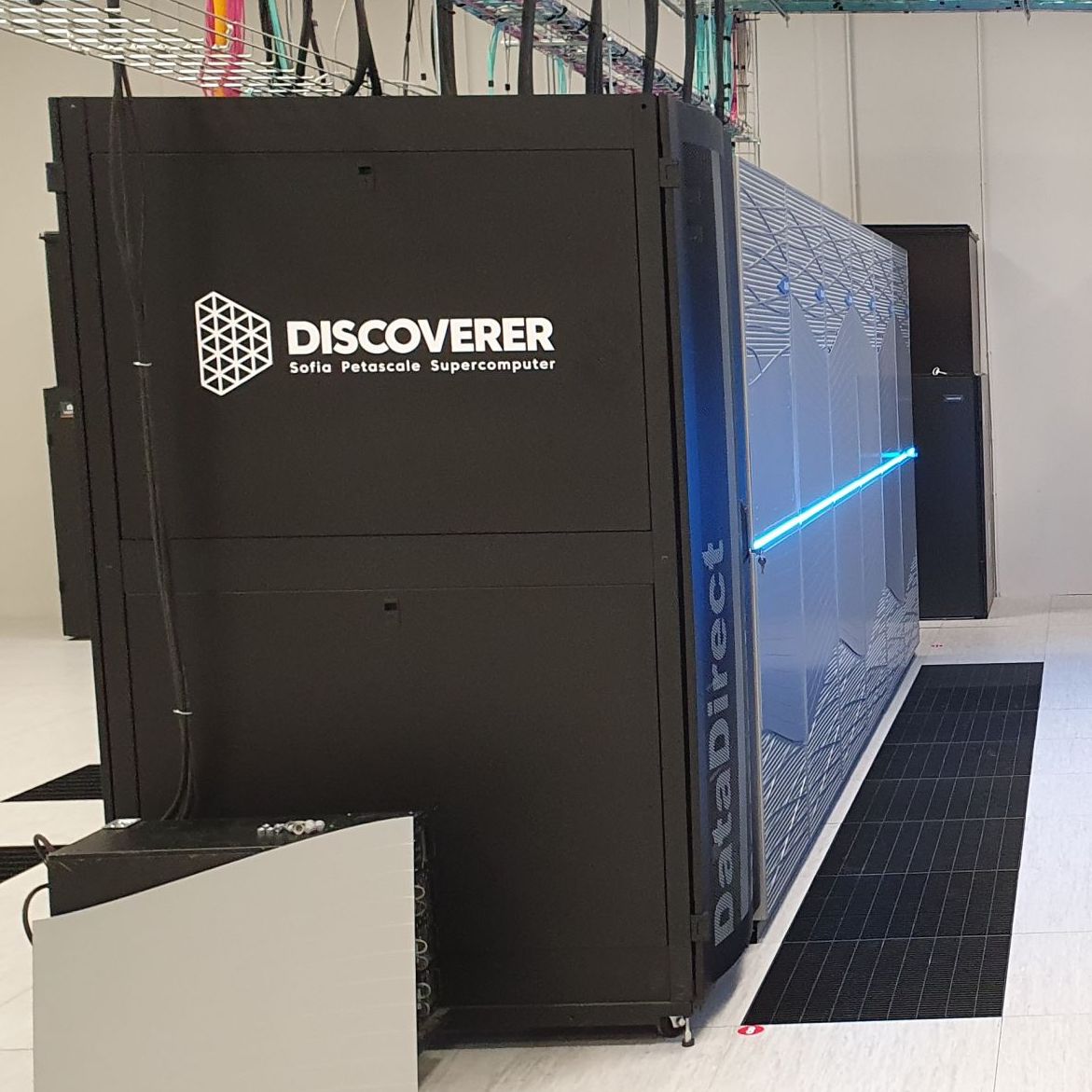
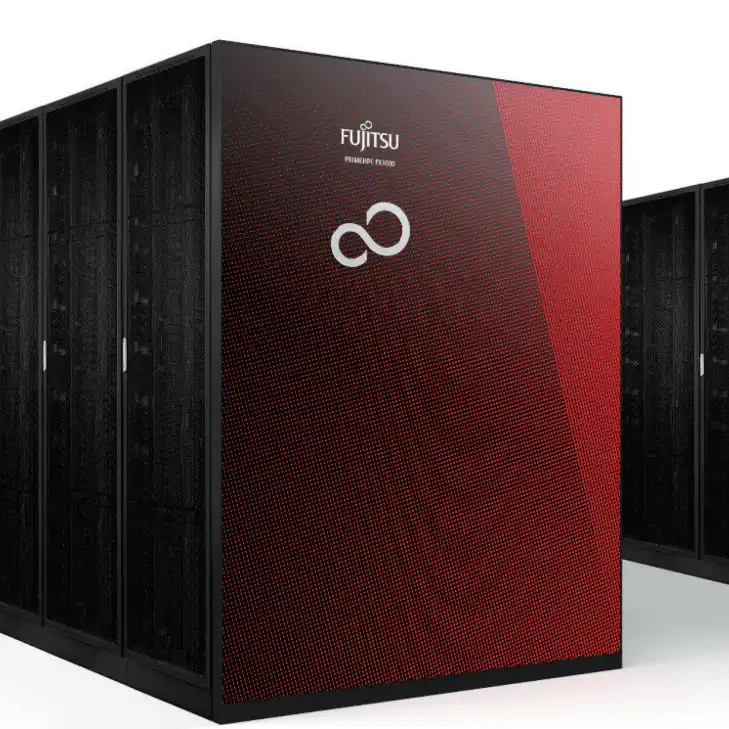
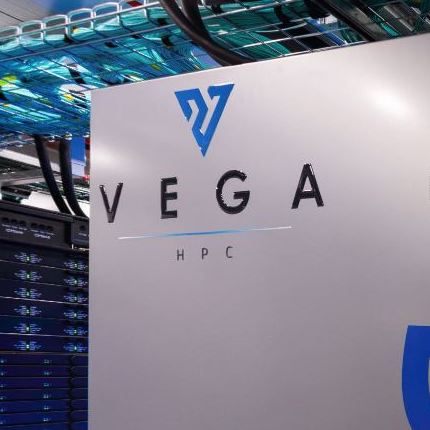
AI access modes
AI-specific access modes targeted to SMEs for innovation purposes.
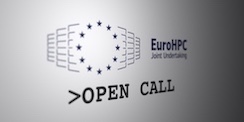
Large Scale access
For getting a large compute amount over 3, 6 or 12 months.

Fast Lane access
For users already familiar with HPC developing projects up to three months.

Playground access
For users looking to become familiar with HPC systems and needing small computational requirements.
Standard access modes
Standard access modes for research applications that may require both CPUs and GPUs.
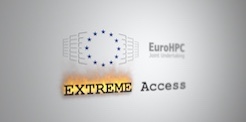
EuroHPC JU
Extreme Access
For getting a large amount of compute time (12 month access)

EuroHPC JU AI for Science and Collaborative EU projects
For getting a large amount of GPU compute time (6 month access) for ethical AI and ML, with a focus on foundation models and genAI.

EuroHPC JU
Regular Access
For getting a large amount of compute time (12 month access)

EuroHPC JU Development Access
For developing your solution or software (6-12 month access)

EuroHPC JU Benchmark Access
For benchmarking and small tests (3-month access)
How do you go about applying?
In this video we explain how a company, public authority or researcher can apply for access to EuroHPC JU supercomputers.
Need more tailored help?
Cloud providers
There are some restrictions in how EuroHPC computers available through ENCCS may be utilized for some workload tasks. In certain cases, where some specific tasks might be necessary (i.e., inferencing, production deployment), we refer our clients and users to commercial cloud providers. Below there is a non-exhaustive list of cloud providers, in alphabetical order, that has HPC-related services on the cloud (e.g., high-end computing infrastructure, GPUs, custom solutions or Kubernetes), and a brief description about them with the relevant services they offer. Please note that this is not an endorsement of such companies but rather a compilation of information for guiding ENCCS’ customers on their endeavours. Swedish and European providers are GDPR-compliant by default. Some local data protection laws (e.g., Switzerland) may apply instead or in addition to GDPR.
AIRON
Offers bare-metal servers with high-end GPUs (NVIDIA B200, GH200), with many resources being interlinked with InfiniBand.
Aixia
Offers several AI-focused solutions, in special a cloud solution with Nvidia DGX-series GPUs.
Bahnhof Cloud
Offers both public and private cloud services as well as GPUs as accelerators for AI-intensive workloads. They also support the usage of containers and Kubernetes as default.
Beebyte
Offers public cloud with different sorts of machines (general purpose, high performance), and support for Kubernetes (managed or not). This provider has also support for paradigms such as Containers-as-a-Service.
binero
Offers public and private cloud access with different types of machines (high memory, high performance, GPUs). It has also support for Infrastructure-as-a-Service and Containers-as-a-Service.
Cleura
Offers both public, private and compliant (e.g., ISO-27001, MSB protection level 3) cloud services, with different assortments of machine (incl. GPUs, and low latency disk). Supports the hosting of containers and container orchestration (incl. Kubernetes and a in-house developed engine).
DataCom
Offers public (based on Microsoft Azure) and private cloud services, the latter with a focus on redundancy and security (MSB protection level 3).
ecodatacenter
Offers solutions in Sweden with guaranteed zero-downtime, several ISO certifications, with focus on sustainability (i.e., renewable energy, lower carbon emissions).
Elastx
Offers managed services on OpenStack, Kubernetes, and Virtuozzo, and a different assortment of compute instances (up to 512 GB RAM).
evroc
Upcoming provider with solutions in cloud and data.
Nordlo
Offers public (with Microsoft Azure and AWS, with managed services) and private cloud solutions.
Safespring
Offers cloud solutions, with support to OpenStack and Kubernetes (incl. managed), and supports to GPUs.
Sitevision Cloud
Offers cloud solutions with datacenters exclusively located in Sweden, not necessarily target to HPC workloads.
Swedish Science Cloud
Offers cloud solutions based in OpenStack (IaaS) across two regions in Sweden, no classification for sensitive data or high-end hardwre. Free for academics of higher education institutions.
rackfish
Offers cloud solutions with an assortment of hardware to choose, with focus on streaming and video.
AppUiO (Switzerland)
Offers multicloud services on CloudScale and Exoscale, with focus on managed OpenShift services.
CloudScale (Switzerland)
Offers several AI-focused solutions, in special a cloud solution with Nvidia DGX-series GPUs.
CysoCloud (Netherlands)
Offers both public and private cloud solutions, with an assortment of high-end CPUs (up to 64 vCPUs, 512GB RAM). Offers managed Kubernetes for deployment of applications. Provides ISO-27001 compliance.
Exoscale (Switzerland)
Offers public cloud solutions with datacenters scattered over several countries in Europe. Managed Kubernetes, high-performance compute instances, and GPU servers are available.
Hetzner (Germany)
Offers dedicated servers and cloud solutions across different european, north-american and singaporean datacenters. The former with GPU hardware available, and the latter with large assortment of CPUs, including Ampere Altra (ARM) processors.
IONOS (Germany)
Offers public cloud solutions in datacenters on European Union and the USA, with focus on AMD/Intel CPUs (AMD EPYC 3, Xeon Gen 5). There is the offering of managed Kubernetes, and also the possibility of renting dedicated servers with GPUs.
Nebius (Netherlands)
Offers public and private cloud solutions with focus in AI, including the provisioning of high-end CPU and GPUs (e.g. Nvidia Blackwell) instances. Provides several managed services, including Kubernetes, SLURM, and Apache Spark.
OpenTelekomCloud (Germany)
Offers cloud solutions in European datacenters with a large assortment of hardware to choose from, including high-end CPUs, memory-optimized instances (up to 2TB) and GPUs. Offers managed Cloud Container Engine, based on Kubernetes, for the deployment of applications.
OVHcloud (France)
Also includes several other companies, such as gridscale (gridscale.io). Offers both public and private cloud solutions, a large assortment of hardware (CPUs and GPUs) as well as support for quantum computing (through notebooks), and managed Kubernetes. Strong presence in France but also contains datacenters in other regions, such as North America and Asia-Pacific.
Scaleway (France)
Offers several HPC solutions, including clusters with high-end CPUs and GPU, Quantum (photonic and emulated) services, and managed solutions for Kubernetes and serverless.
STACKIT (Germany)
Offers cloud solutions with datacenters in Europe, having an assortment of both high-end CPUs (up to 120 cores, 2TB RAM), ARM processors and GPUs. There is also the offering of Managed Kubernetes for deployment of solutions.
UpCloud (Finland)
Offers both public and private cloud solutions with datacenters scattered in Finland (included several ISO certifications, 100% renewable energy), Germany, Poland and USA, with some assortment of hardware targetting CPU-intensive and Memory-intensive workloads. Managed Kubernetes is also available.
Sitevision Cloud
Offers cloud solutions with datacenters exclusively located in Sweden, not necessarily target to HPC workloads.







